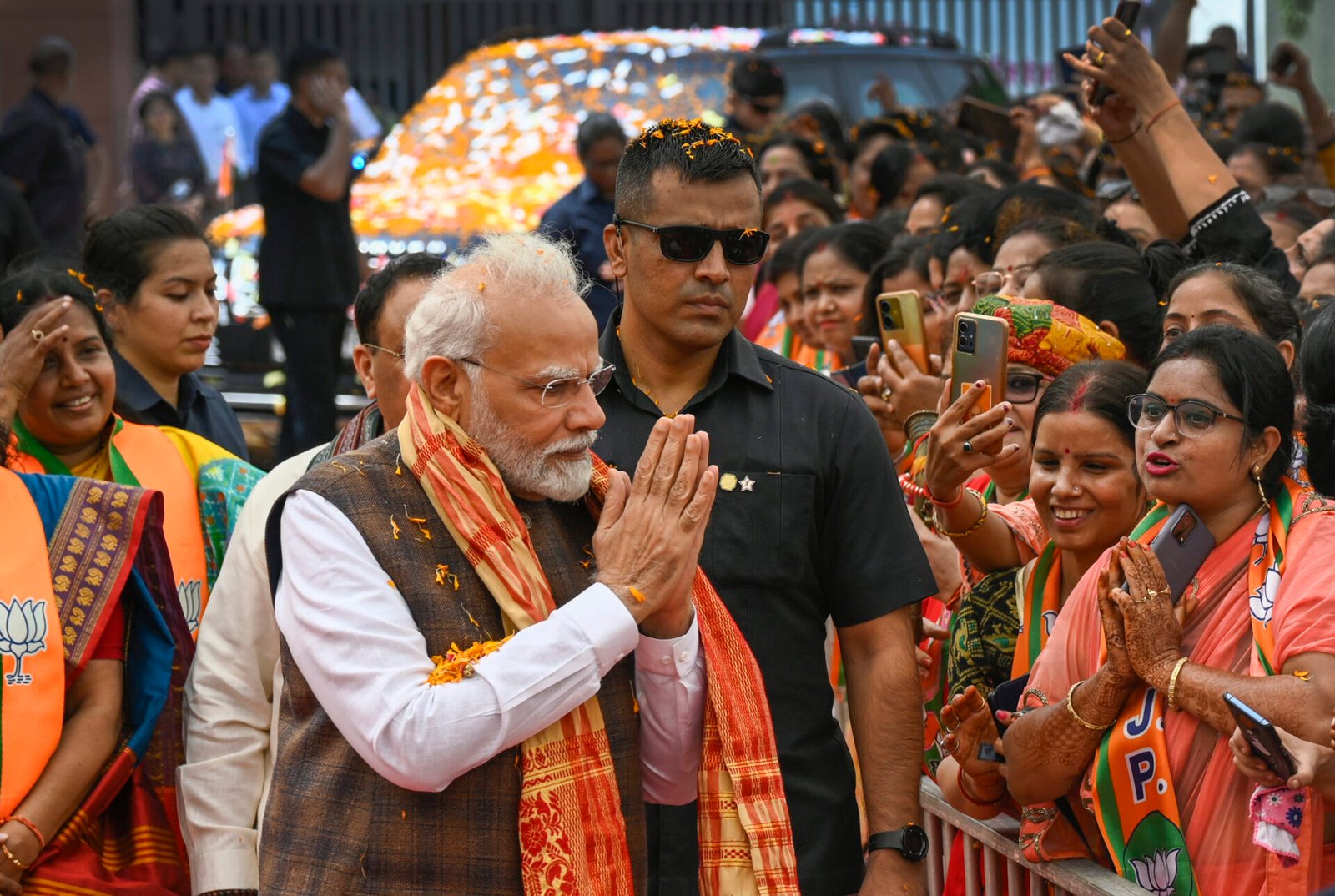In today’s India, a potent ideology is ascendant that blurs faith and geopolitics. Hindutva, the idea that India is fundamentally a Hindu nation has been repackaged as cultural pride, but in practice it carries the hallmarks of old-style empire.
Jurist and former Minister of Law and Justice of India, Ambedkar’s voice echoes through this moment of reckoning: he taught skepticism of nationhood that excludes millions. Polymath, Tagore’s humanism whispers that a nation’s soul is measured by how it treats its minorities. But both seem lost in the current narrative. Instead, myth is spun as truth: textbooks teaching a golden Hindu empire, maps redrawn with Sanskritized oceans, and rhetorical claims to lands across borders.
Consider Akhand Bharat, the “unbroken India.” This is not a hobby-horse for eccentrics; it is the public dream of the ruling elite. RSS ideologues openly describe a nation stretching from Kabul to Mandalay, Afghanistan to Myanmar, even swallowing Nepal, Bhutan and Sri Lanka as one Hindu Rashtra.
For decades this was coded language. But now it’s taught in schools.
Children learn that the Bay of Bengal is “Ganga Sagar” and the Indian Ocean is “Hindu Mahasagar,” blithely erasing millennia of shared history. The architects of this vision are not isolated radicals; they include the RSS chief Mohan Bhagwat and even Prime Minister Modi in his 2012 interview, who spoke of cultural unity under that banner.
This is more than cultural pride. Peel away the religious veneer and a naked political ambition stands revealed. The Hindu Rashtra project implies that Muslims, Christians, and other minorities are guests on land claimed as holy. In 2019, the Modi government passed the Citizenship Amendment Act (CAA), offering citizenship preferentially to non-Muslim refugees from Pakistan, Bangladesh and Afghanistan, implicitly casting Muslims as outsider.
The rhetoric of “protecting Hindus abroad” became law at home. Meanwhile the National Register of Citizens (NRC) is revived to police belonging a bureaucratic poison pen targeting the poor and Muslim. Ambedkar once warned that religion-based states “despise liberty.” Today, that warning echoes for every Indian who values pluralism.
Let’s be clear; this is not about faith in any spiritual sense. There are Hindu templegoers appalled by these moves, who see them as betrayals of the religion’s ancient teachings of tolerance. This is about power. Like Tagore’s scorn for closed tribal politics, we see that Hindutva marshals mythology to justify a territorial and ideological expansion.
The BJP’s policies from rewriting schoolbooks to engineering constituencies are techniques of empire, not spirituality.
The bulldozers of Delhi bear down on vulnerable communities with impunity.
The very phrase “Akhand Bharat” is bloodstained by history: it evokes the Indian subcontinent under various empires, all of which were indeed “Hindu” at times, but also multi-faith, multi-ethnic mosaics. The RSS map cited above conveniently omits that such a unity never truly existed. Its project is not an honest reclamation of history but a politicized re-imagining, a power-play under the cover of cultural revival. Nationalism takes the place of faith.
At its core, this movement is an imperialism wrapped in nationalism. It echoes historical expansions by kings who ruled much of Asia, but unlike the Mughal or British empires, it paints itself in the colors of indigenous pride. Its human cost is real: mob violence, lynchings, cultural erasure. Each mosque demolished or riot that follows state neutrality confirms that Hindu majority rule is indeed being redefined as dominance.
To the thinkers among us, this is deeply unsettling. Socrates asked, what is justice? Camus mused on rebellion. Here, justice is flattened by a monolithic myth and rebellion is met with the iron fist of law. Yet even in this darkening landscape, we hold onto Ambedkar’s legacy: resisting any state that privileges one community above another. And we recall Tagore’s lyricism: a nation’s children cannot thrive on fear of their neighbor.
So we call this what it is: a politicized project, not a spiritual destiny. A Hindutva ideology imposing myth on history, spelling out an exclusivist “Hindu Rashtra” in place of the plural democracy India was supposed to be. This is an imperial dream in saffron robes, ignoring India’s diversity. The last word should always be pluralism, not propaganda. Defenders of India’s mosaic soul raise their voices: “This is not fate, it is choice, one the world is watching carefully”.




